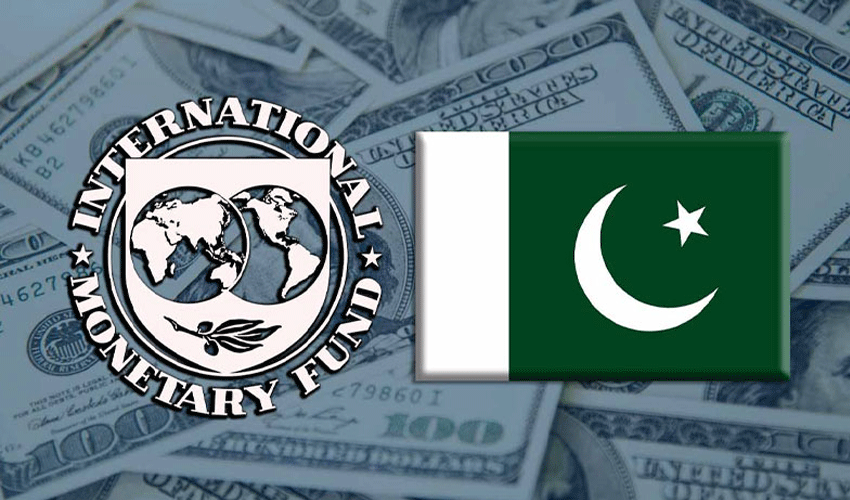The International Monetary Fund (IMF) has revised down Pakistan’s economic growth projection to 2.6 per cent for the current fiscal year, against an earlier forecast of 3 per cent, while also predicting a significant decline in inflation.
In its latest World Economic Outlook (WEO) report released on Tuesday, the Fund noted that while the inflationary pressures are expected to ease considerably, economic expansion is likely to remain below the government’s target.
The government had set a GDP growth target of 3.6pc for the current fiscal year, but the IMF now forecasts that the economy will grow by 2.6pc, down from its January 2025 projection of 3pc, and October 2024 estimate of 3.2pc. However, the Fund anticipates a rebound next year, with GDP growth projected to rise to 3.6pc.
The WEO further projects inflation in Pakistan to drop to 5.1pc for the ongoing fiscal year, a sharp decline from the 10pc level previously expected. Inflation, however, is forecast to edge up to 7.7pc in the next fiscal year.
The report also brings positive news regarding the country’s external account. The current account deficit is expected to narrow significantly to just $400 million, or 0.1pc of GDP, compared to an earlier projection of 1pc. For the next fiscal year, the current account deficit is projected to widen slightly to 0.4pc of GDP.
The IMF has acknowledged improvement in Pakistan’s external indicators but has flagged persistent vulnerabilities in the growth outlook. Analysts believe the downgraded growth estimate reflects ongoing structural challenges, weak private investment, and fiscal consolidation efforts under the Fund's programme.
The global financial institution also expects global growth to hover between 2.4pc and 2.8pc this year, citing continued monetary tightening in advanced economies and geopolitical tensions as key risks to the broader outlook.
The revised forecast comes as Islamabad continues efforts to secure a new, larger bailout programme from the IMF to stabilise its economy following the conclusion of the $3 billion Stand-By Arrangement (SBA).
Economic observers note that while easing inflation offers some relief for consumers, the lowered growth trajectory could put additional pressure on job creation and household incomes in a country already grappling with high poverty and a fragile investment climate.


























